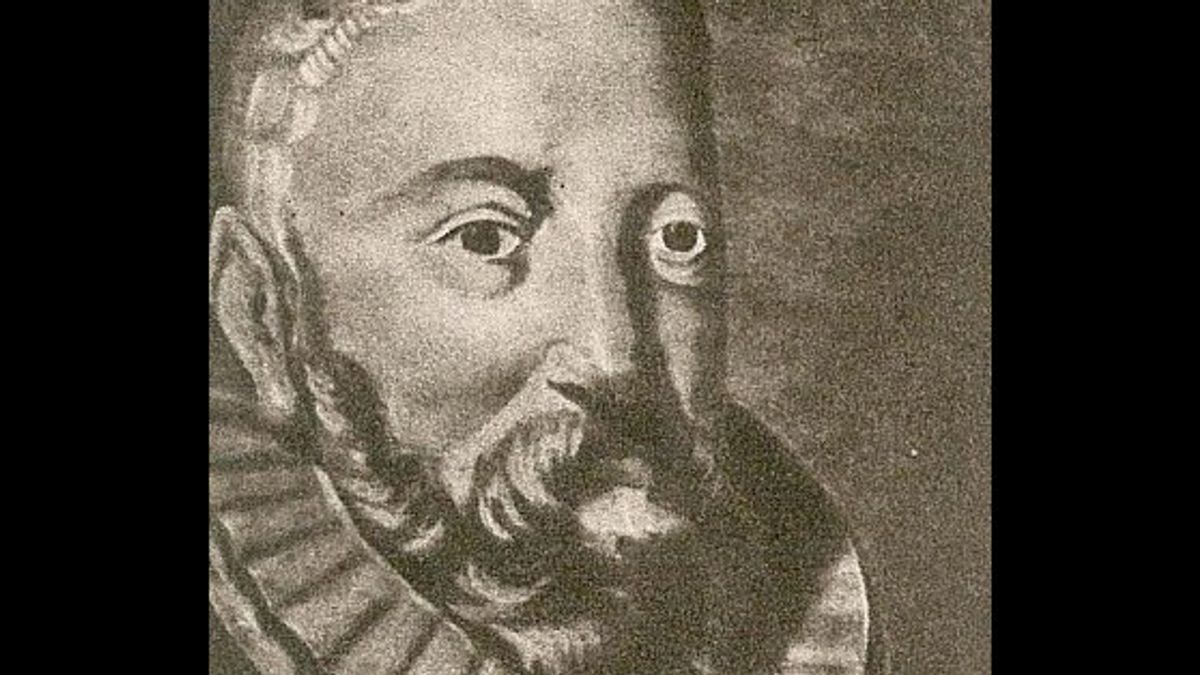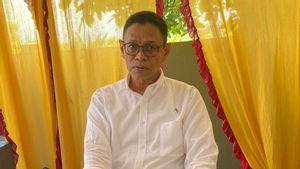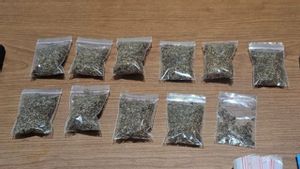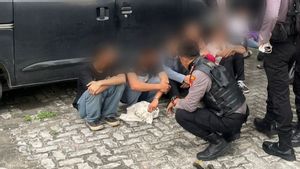JAKARTA - Cornelis de Houtman, a Dutch explorer, was the first to discover the sea route from Europe to the Indies - now Indonesia. At first he made an expedition just to buy spices. However, lately he started making trouble. It is said that his second expedition marked the start of the Dutch colonial period against Indonesia.
It all started in 1592, quoted from Europeana, when Cornelis de Houtman was sent to Lisbon by the Amsterdam merchant association to dig up information about the Spice Islands. At that time, the issue of the Spice Islands was indeed being talked about in Europe.
The first task was completed. De Houtman returned to Amsterdam. At the same time, Jan Huygen van Lonschoten had just returned from India with the same assignment. De Houtman, Van Lonschoten and the traders finally got together and discussed to determine which location they wanted to go to.
The merchant partners decided to go to the next location, namely Bantam (Banten). They measured there the opportunity to bring in great spices.
In 1594 the merchant partners founded a company called 'Compagnie van Verre' and on this day, April 2, at the end of the 16th century or in 1595, four merchant ships led by De Houtman went to the Indies. The four ships are Amsterdam, Hollandia, Mauritius and Duyfken.
After a long stopover in Madagascar, the merchant ship De Houtman finally arrived at the Port of Banten on June 22, 1596, on their first landing, only empty-handed. According to Europeana's records, this was probably because they were victims of the treachery of Portuguese traders who had been there earlier. Besides that, the behavior of Dutch traders was indeed unwise.
Finally they] decided to sail to Madura in the eastern part of the Indies. There, they were received peacefully by the local population.
But if, Europeana's record is correct, Cornelis de Hotman's unwise disposition led him to act of chaos. The friendly actions of the local residents were even rewarded with tuba water. The Houtman and his entourage were afraid of being betrayed by the local population, so they brutally attacked civilians and fled in their ship.
They just got the produce they were looking for: spices, on February 26, 1597. Finally they were able to bring the produce to their hometown, Amsterdam. However, on the way the Portuguese ships did not remain silent. They seized the water supply and supplies of the expedition group.
Of the 249 crew members, only 87 made it back to the Netherlands. Even though the trip took many lives and financial losses, they are still considered to have broken even.
Second expedition
In the following year, six expeditions were sent back from the Netherlands to go to the Indies. At this time it was also considered the beginning of Dutch colonialism in the Indies.
On its second voyage, the Dutch Trade Fleet was armed like a warship. Under the leadership of Cornelis de Houtman and his brother Frederijk de Houtman on June 21, 1599, they entered the port of Banda Aceh and were properly accepted as merchant ships from friendly countries.
However, the Cornelis brothers betrayed the Sultan's trust. They make trade manipulations, screw up, instigate and create other fuss. This prompted the Sultan to take a firm step by assigning Fleet Commander Inong Balee Laksamana Malahayati to settle the betrayal.
Inong Balee's fleet then attacked Dutch ships disguised as merchant ships. One-on-one fighting took place on the deck of the Dutch ships. Cornelis de Houtman was stabbed to death by Malahayati himself with his rencong, while his brother Frederijk de Houtman was taken prisoner.
The English, Chinese, Japanese, Arabic, and French versions are automatically generated by the AI. So there may still be inaccuracies in translating, please always see Indonesian as our main language. (system supported by DigitalSiber.id)













